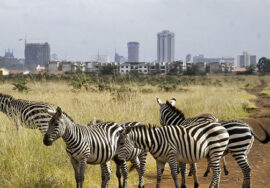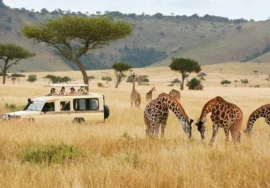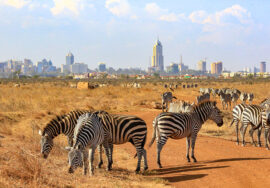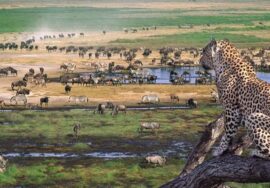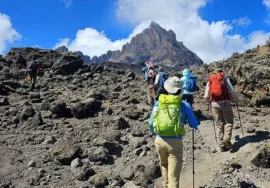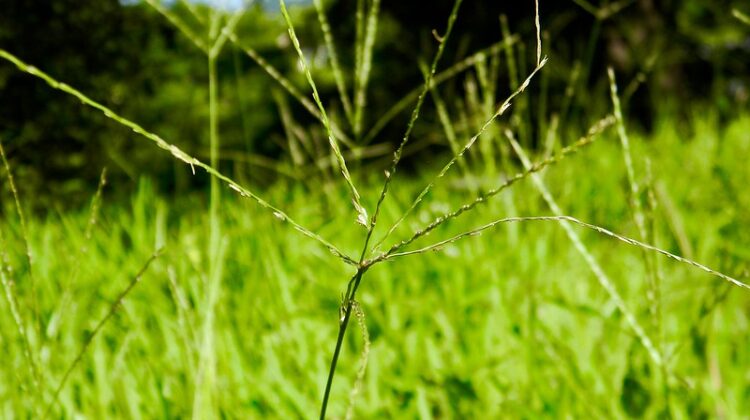
Ecotourism – Responsible Travel Made Easy
What does ecotourism mean, and why should we care?
Ecology-based tourism means being aware of and taking responsibility for how your travels affect the land, the animals, and the people you meet. In short, what is the best way for you to protect the wild world around you?
We all want to have as little of an effect on the environment and resources as possible, and we might even want to help or improve the places we visit. Here are some things you can do on safari to help the earth and become more aware of it.
How to Define It
To fully grasp the idea, let us look at how the International Ecotourism Society describes it: “Responsible travel to natural areas that protect the environment, support the well-being of the local people, and include interpretation and education.”
Let’s think about every part of our trip, starting with your guide. Do they know about these eco-friendly ideas? Do they talk about how they take care of the environment? How big or small is their mark on the ground?
With this new green view, even things we normally don’t think about, like where we stay, should be taken into account. Eco-lodging is a new idea for people who want to leave the least amount of damage. These kinds of places to stay get their power from green sources and use the best lighting and water-saving methods.
It’s also good for the earth to recycle and use cleaning products that are natural and safe. By staying at an eco-lodge, you can help create jobs in the area and protect its natural resources at the same time.
There are many benefits to staying at an eco-friendly hotel, where the focus is on protecting the natural surroundings and the animals that live in it. But eco-lodges also have another great thing about putting people first: they can bring guests close to native communities. People who go on safari learn about the people who live there, their customs, and how they live. In turn, the locals can share and teach tourists by giving them up-close experiences, such as guided walking tours where they can learn about the land and animals from the experts.
Ecotourism that works
But don’t forget that ecotourism is fun and active. Safari hunters know this when they are looking for big game in their natural environments. Wildlife will be safe and respected as long as people stay away from them and don’t crowd parks and viewing areas. This will help protect the animals’ important lands in the future.
The least damage is done to the environment by soft adventure activities like guided walks, biking, and water activities like snorkeling. Also, don’t forget to look for historical, cultural, and culinary events that let you see and learn about other people^s lives. A trip to a fort, a monument, or a neighborhood kitchen not only makes your trip more interesting, but it also brings you closer to the people who live there.
Respecting the views and opinions of the local people is good for everyone in the long run.
You’ll see that ecotourism is good for more than just the environment, animals, and local people. It’s also good for the traveler or safari-goer who takes part in it. You’ll get so much back, just like you gave to the world around you.

